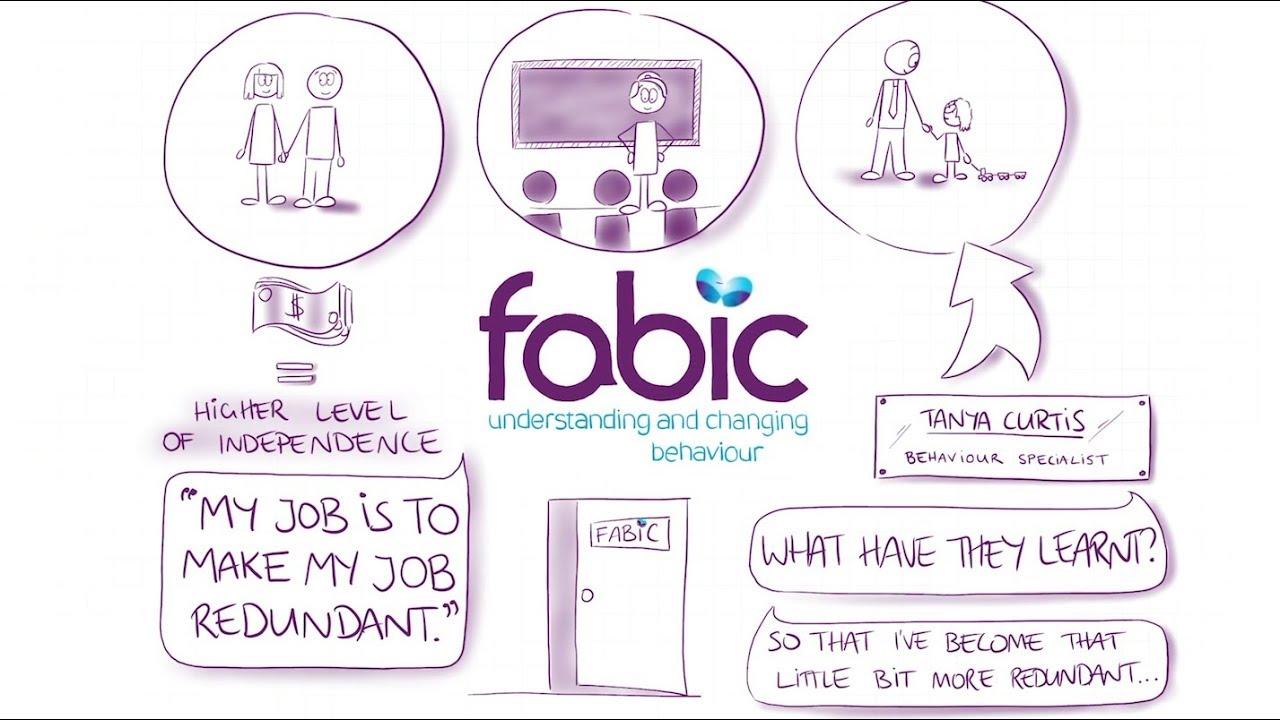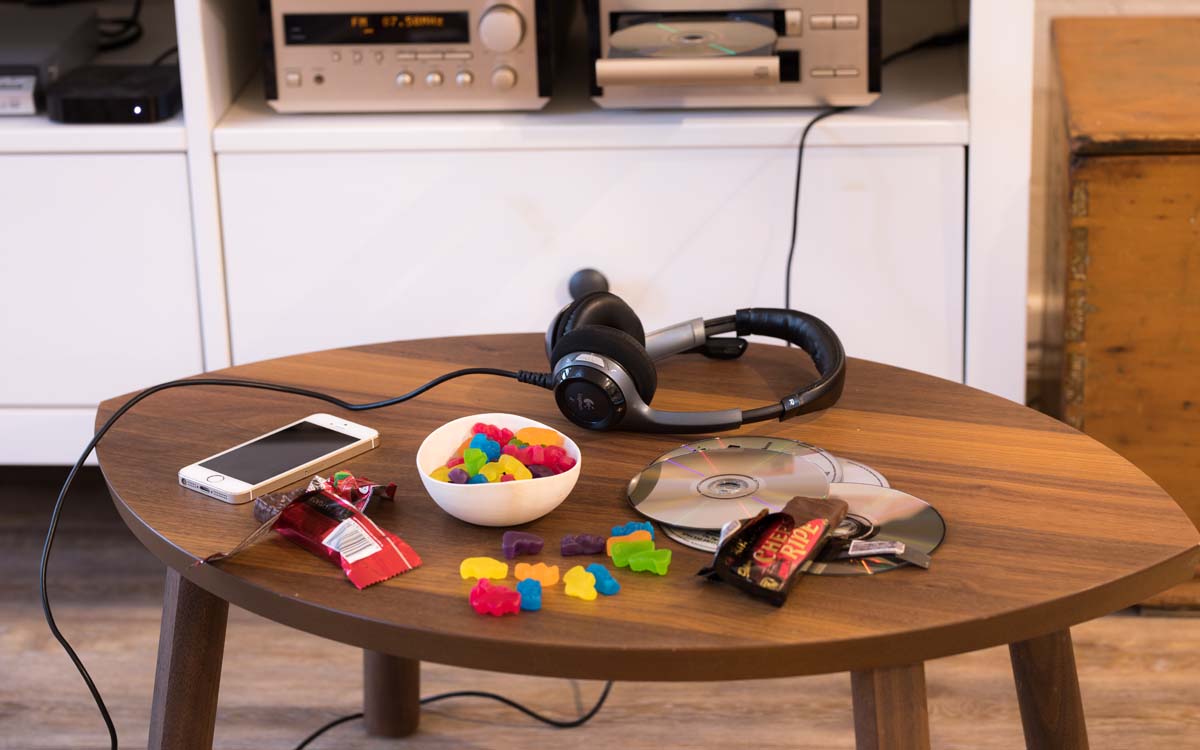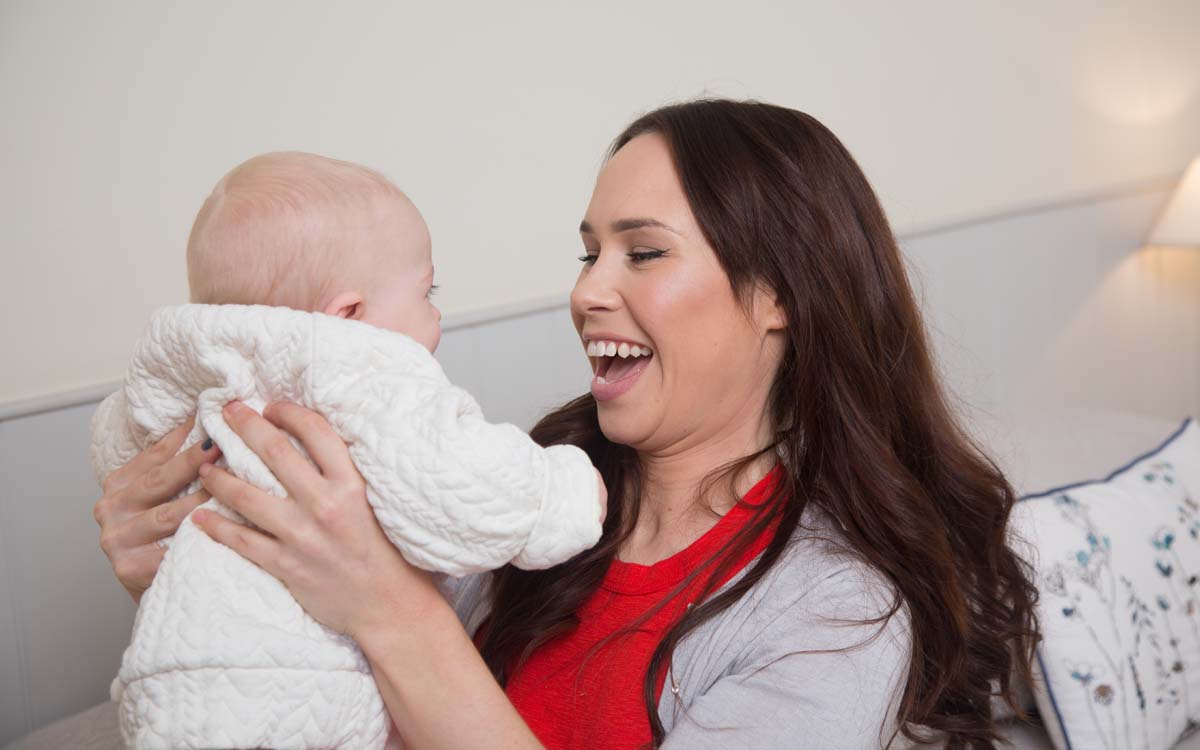There are many, many FABIC products that people can take home or order online that will assist them and the person they are supporting to put into daily practice what has been learnt in a session with Tanya Curtis or any one of the FABIC practitioners.
There are:
- Books (the Sunlight Ink Children’s series and the Body Life Skills books)
- A Body Life Skills App
- Posters
- Communication cards
- Multiple Video Series
- A CD with songs for children from 0 to 100+ years of age
- A calendar with messages from the classroom of life
- The FABIC magnet and bookmark
- FABIC I Choose Charts
- The FABIC Behaviour/Anxiety Scale
And many more are in the planning and development stage.
It all started when Tanya noticed that many clients presented in a heightened state of anxiety and that initially, a lot of her clinical work was about crisis management and offering relief-based strategies. Also, many clients had Autism Spectrum Disorder and their perceived need for perfectionism meant that attending a consultation alone was an indication that they needed help, that they were not perfect after all. And thus, just being taken to the FABIC clinic and seeing Tanya was often the trigger for a meltdown.
The answer to the problem?
Other services and supports besides the face-to-face sessions with Tanya were needed. She would advise parents, carers or support staff to stop bringing these children for a while and developed workshops where they could learn what to do to support the person they cared for and also themselves. The first workshop was called ‘Developing a Conducive Environment for People with Autism’ and helped bridge the gap until teaching a person the skills needed to respond and not react to life became possible.
By offering workshops, many more people could be reached than Tanya could fit into her busy clinic days and on-site visits. Everything she has developed has come from a response to what she observed in the clinic setting and people’s requests for tools that support them to put into practice what they have understood and learnt.
The way Tanya Curtis looks at it is that one person in the clinical setting is the representative of many more people in the population with similar presentations, alike questions and comparable difficulties …
And thus, any one of the many products can support many people and not just the immediate support team, whether they be family members, spouses, school staff, colleagues, neighbours and interested community members.






